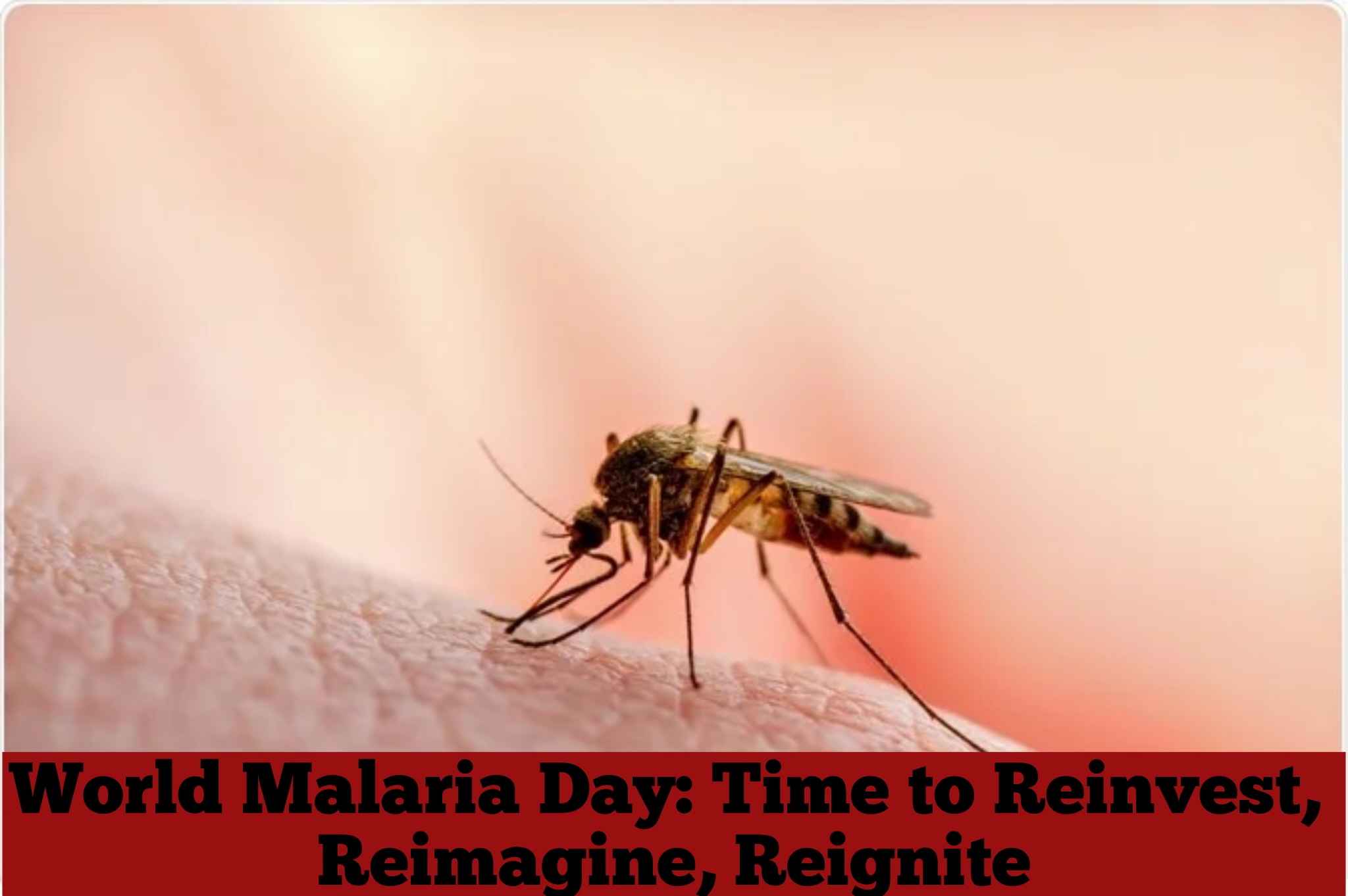World Malaria Day, observed April 25 annually, aims to raise awareness on the global efforts to control and ultimately eradicate malaria.
Malaria is caused by parasites that are transmitted through the bites of infected female anopheles mosquitoes. It is a global infectious disease which has remained a leading cause of morbidity and mortality in the developing world.
Some of the symptoms are fever, headache, vomiting, diarrhoea, profuse sweating and anemia. If left untreated, it could lead to renal failure, seizures, brain injury, coma and even death.
Malaria data in Nigeria
Data from the World Health Organisation (WHO), shows that malaria is one of the leading causes of morbidity and mortality in Nigeria with young children and pregnant women disproportionately affected.
It further states that despite efforts to stem the tide, this mosquito-borne disease is still responsible for 597, 000 deaths every year, which accounts for 30% of childhood deaths, 11% of maternal deaths and about 27% of deaths in infants.
Government’s intervention
Over the years, the federal government has embarked on various intervention programs to eliminate malaria. From the National Malaria Service in 1948, which evolved into the National Malaria Control Program in 1986 to the rollback malaria program in 2000 and the National Malaria Strategy Plan in 2014, aimed at guiding the transition from malaria control to elimination.
The federal government equally approved the R21/Matrix-M malaria vaccine in April 2023, targeting childhood malaria with up to 80 percent efficacy. Despite these laudable programs, statistics indicate that Nigeria carries nearly 27 percent of the global malaria burden.

A Public Health Consultant and Programme Manager, FCT Malaria Elimination, Dr Dan Gadzama said the federal government has made significant efforts to eliminate malaria, including the distribution of insecticide-treated bed nets, indoor residual spraying, improved access to effective antimalarial drugs and administration of seasonal malaria chemoprevention to children at high risk in 24 states.
Dr Gadzama however noted that these interventions face significant challenges, such as inadequate funding, weak health systems, resistance to antimalarial drugs and advocated more funding to cover the country’s large population.
“With Nigeria having the highest cases of malaria in the world, the government must prioritise funding for malaria programmes and work towards sustainable financing mechanisms. This will ensure that malaria interventions are adequately funded and implemented, reducing the burden of the disease on the most vulnerable communities.”
The National Agency for Food and Drug Administration and Control (NAFDAC) had last year, granted registration approval for the R21 Malaria Vaccine for prevention of clinical malaria in children from 5 to 36 months of age.
An Expert on Malaria SBC campaigns and Programme Officer, Centre for Communication and Social Impact, Dr Ekpo Edet explained that the vaccine would help to reduce the cases and deaths from malaria in children.
“Only three African countries have started the use of malaria vaccine and Nigeria has shown interest to key into it. Studies have shown that the vaccine is very effective in reducing morbidity and mortality in children.”
Mixed reactions on malaria
Some residents of the Federal Capital Territory expressed mixed opinions on Malaria prevention efforts.
For Chioma Chigbo, “I went to hospital for a check-up. I usually do some tests see if it is malaria or typhoid. I do not like mosquito nets because of heat. I know the symptom, she said.“
While Hauwa Ayuba explained that she self medicates whenever she experience the symptoms of malaria. “I don’t need to visit the hospital. I have never slept inside a mosquito net before. I also use agbo and it works perfectly for me.”
The Head Advocacy Communication and Social Mobilisation, National Malaria Eradication Programme, Mr. Raphael Onyilo, warned against self-medication, adding that poor treatment of malaria could result in health complications.
An Abuja based medical practitioner, Dr. Agatha Nwibo emphasised the need for more health workers and increased investments for Primary Health Centres as well as free malaria treatment for rural dwellers.
“People at the grassroots are living below poverty level. Therefore, the federal government should put more funds at the primary health centres in various communities and ensure that all malaria treatments are made free.“
Experts have continued to call for more partnerships with relevant stakeholders to eliminate malaria in the country.
The theme for this year’s World Malaria Day is “Malaria Ends With Us: Reinvest, Reimagine, Reignite..”



